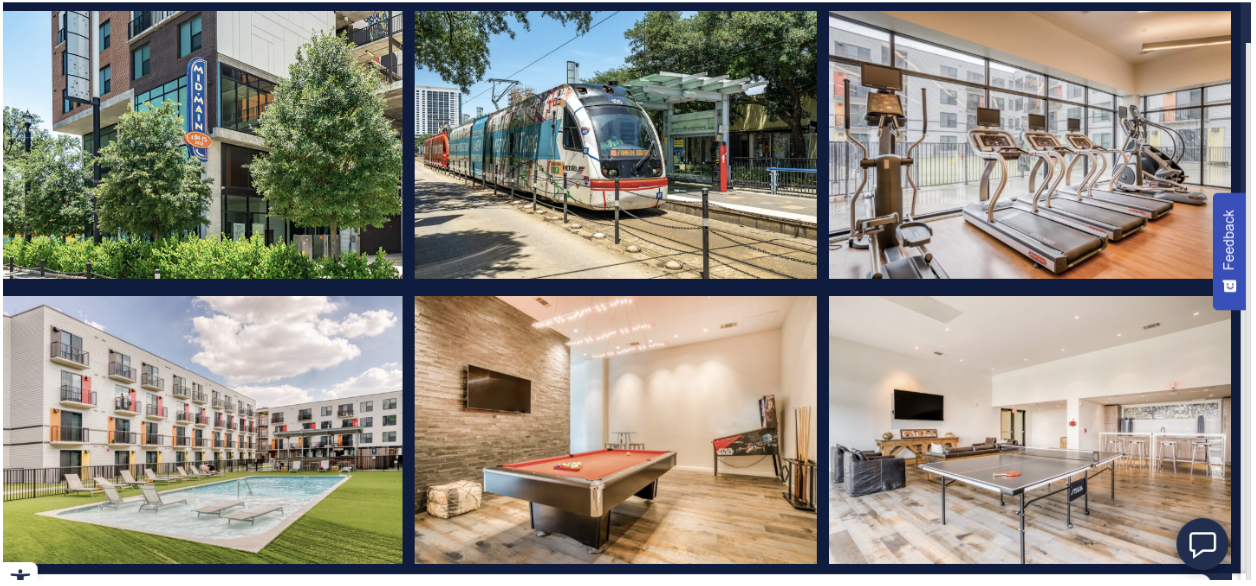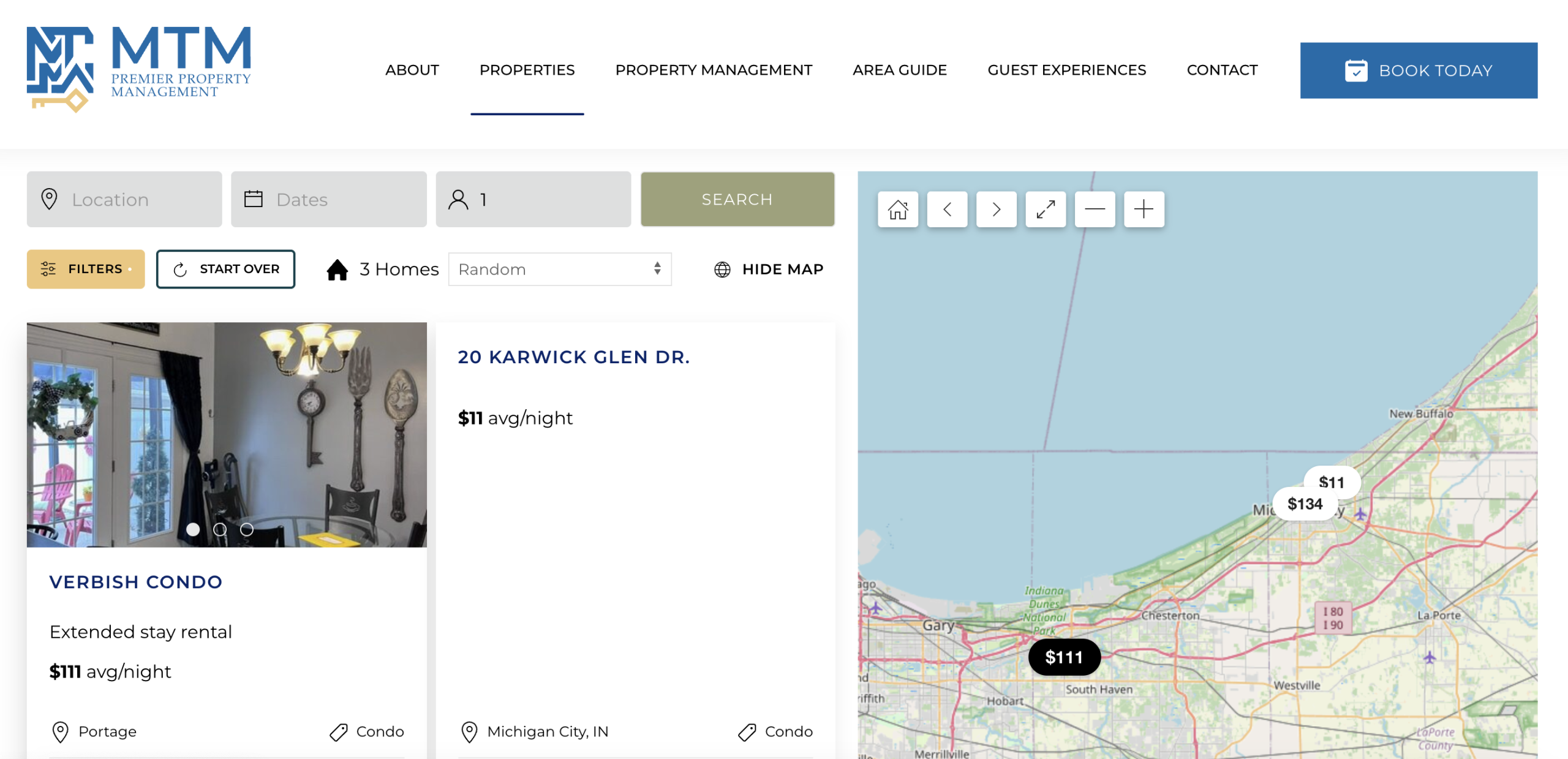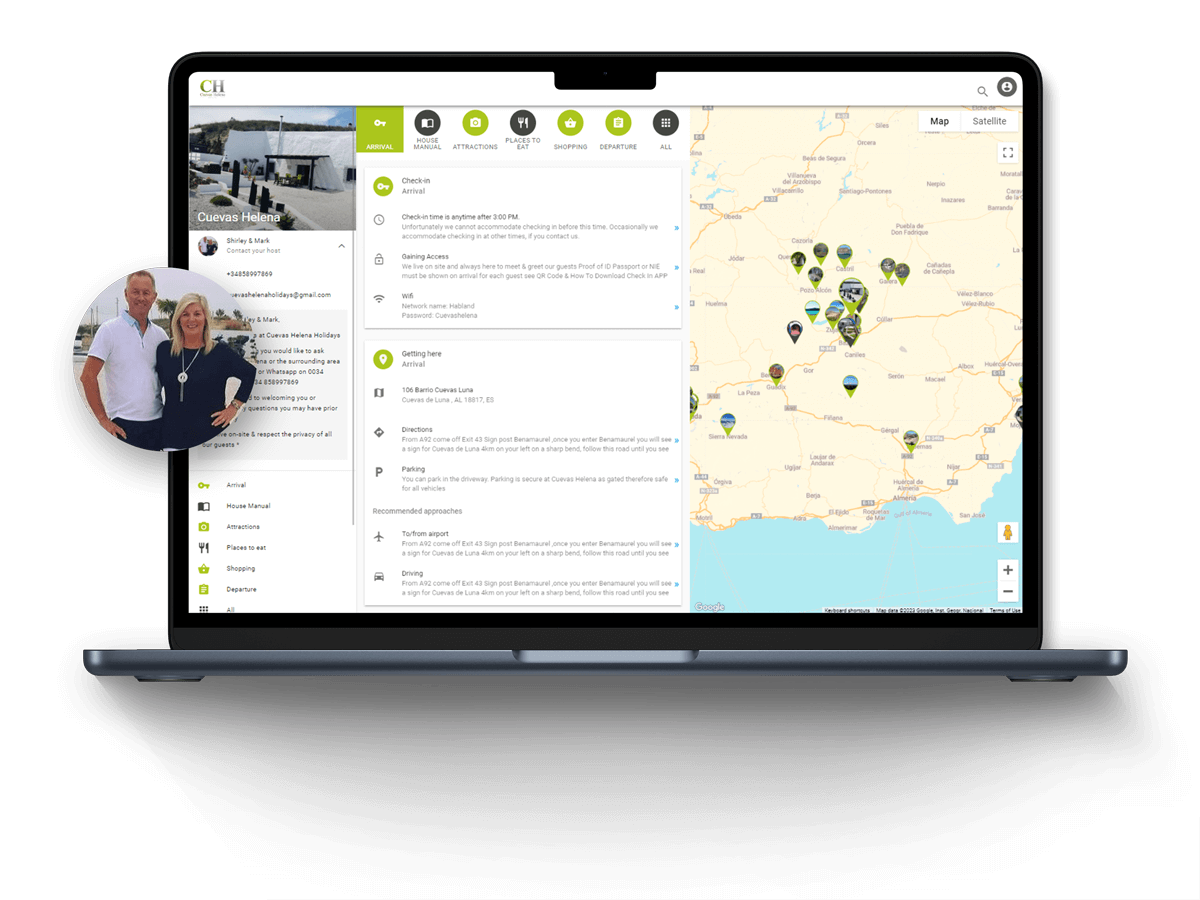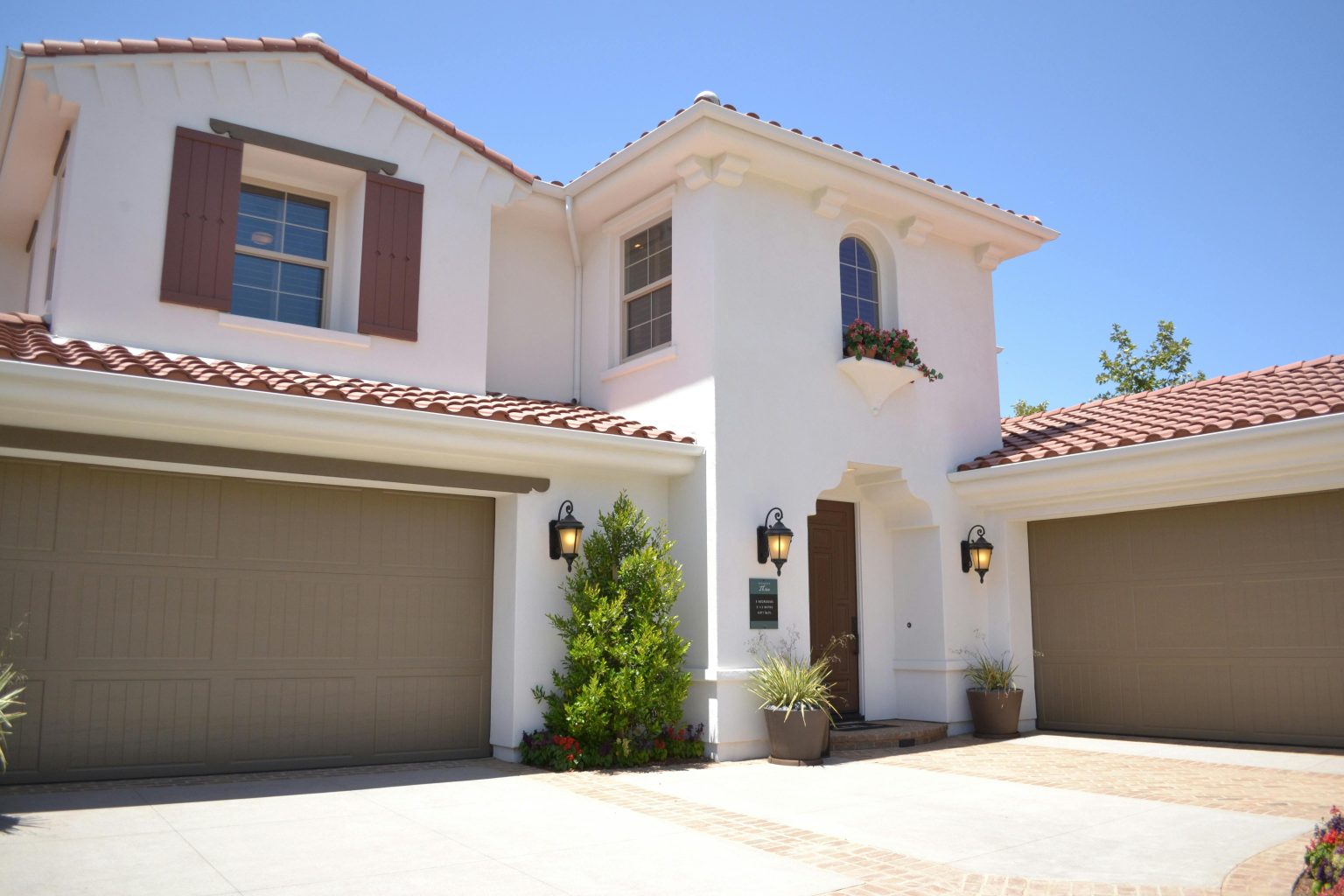Whether you’re already running short-term rentals or just getting started with property management, corporate housing holds a lot of promise. The rise of remote work and global mobility over the past five years has led to unprecedented levels of demand.
But corporate housing is often misunderstood. While some may think of it as “Airbnb for professionals”, it’s a distinct type of business with its own unique challenges and opportunities.
So let’s clarify what corporate housing really means. We explore the benefits, how it differs from other accommodation types, and share tips for setting up. By the end, you’ll know whether this model fits your goals and have a roadmap for getting started.
What is corporate housing?
Corporate housing is a rental model designed for professionals. It involves offering fully furnished apartments and houses for business travelers for extended periods.
Properties typically include furniture, kitchen essentials, and utilities like standard housing. They also usually provide business amenities, such as WiFi and work stations, to support remote work.
The idea is that corporate housing fills the gap between short-term rentals and year-long contracts. Professionals can get settled quickly and have all their housing needs met while they carry out their work. However, they don’t have the expense or stress of long-term commitment.

How corporate housing works
Corporate housing is usually arranged by companies that need to accommodate staff. They may book with you directly or go through a listing site like Furnished Finder. While this demands a higher level of professionalism, it means your guests are accountable to both you and their employers.
Most companies expect to sign an agreement outlining the prices, length of stay, and any house rules. They might want to make a one-off booking or recurring deal based on their needs.
As the host, you can decide whether you want to bundle offers. You can provide discounts for long-term commitments or high volumes of staff. Just be aware that many companies will be looking for an all-inclusive rate for the rental and services to make expenses more predictable.
How corporate housing differs from other rentals
Corporate housing shares many features with other types of rentals, but also comes with strong differences. You need to understand these to optimize your rental for business clients effectively.
Here’s a closer look at how it compares to hotels, vacation rentals, and long-term leases:
Corporate housing vs. hotels
The key difference between hotels and corporate housing is the intended length of stay. Hotels work best for short visits of up to a week. By contrast, corporate housing contracts can sometimes last for six months to a year.
Facilities are another key differentiator. While hotels may have a meeting room and cafeteria on the premises, they usually only have beds and chairs in the actual accommodation. Corporate housing usually comes fully furnished with private amenities and appliances for individual bookings to use.
But it’s worth noting that corporate clients are probably used to hotels. Even though they’re staying in a rental property, they’re likely to expect the same levels of cleanliness and customer service.
Corporate Housing vs. short-term rentals
Vacation rentals and corporate housing both offer fully furnished housing with kitchens, bedrooms, and living room areas. They aim to feel more like a home than a hotel.
But vacation rentals are designed for holiday goers rather than professionals. While they might accept some digital nomads, they intend to provide a fun and engaging experience. For example, they’re more likely to include a hot tub or a billiards room than a work station.
Vacation rentals also tend to offer shorter stays than corporate housing. They usually accept guests for a couple of days or weeks while they’re on vacation. On the other hand, corporate guests may be with you for weeks and months.
Lodgeur founder and CEO, Sébastien Long, says this means they’re likely to spend more time indoors. “They are going to notice more the quality, comfort, and practicality of your interior design,” he says, “They might be cooking every day. They’re chilling on the sofa in their jammies, having a lazy weekend. In other words, they’re temporarily living with you, and not just visiting.”
Corporate housing vs. long-term rentals
As the name suggests, long-term rentals are a permanent housing solution. People usually have to commit for at least a year or two and agree to pay all the utilities. They’re also responsible for cleaning and maintaining the property to a degree.
Corporate housing may accept bookings for a year, but typically not any longer. While you can include utilities in your monthly rates, you can’t expect guests to take any responsibility beyond that.
Who uses corporate housing?
Your target audience is generally businesses looking for short-term housing for their workers. This covers a wide range of scenarios, including:
- Temporary relocations
- Permanent relocations (while the employee waits for housing)
- Short and long-term assignments
- Company-wide events like off-sites and conferences
- Relief for homeless employees during disasters
As we mentioned, traveling professionals may reach out on their own behalf. However, you can expect the bulk of your business to come from companies.
Key benefits of switching to corporate housing
So far, we’ve covered the differences between this business model and other types of property management. Here are some of the pros of corporate housing to explain why you might want to consider it:
- More revenue: As you take longer bookings, you’ll find it easier to fill your calendar and maximize your income.
- Consistent demand: Demand remains strong regardless of the weather or local events, which means you can attract guests throughout the year.
- Reliable tenants: Properties are often leased to companies, meaning you can count on consistent, timely payments. Guests are also more likely to treat the properties well due to the connection with their employer.
- Less turnover: Cleaning is one of the biggest expenses in short-term rentals. Longer stays mean less turnover, so corporate housing costs are lower and you save more money.
Tip: While this business model means less cleaning, clients still want serviced corporate apartments. Stay on top of tasks with Hostfully’s turnover integrations, where you can schedule drop-ins, assign checklists, and get updates about issues.
Trends in corporate housing for 2026
Wondering if there’s a long-term future in corporate housing? Recent data shows that it makes up 28% of the short-term rental market, and that number is only growing.
Demand is driven by the rapid rise of remote and mobile work across the world. Technology has made it easier for businesses to collaborate from different locations, and many are taking advantage. Now it’s become the norm with 22% of the American workforce operating from off-site.
As a result, corporate housing platforms are also becoming more popular. Furnished Finder reported that it took two million tenant inquiries in the first quarter of 2025 alone.
While these channels can help you source guests, don’t overlook the importance of a direct booking site. Corporate clients are looking for businesses they can trust with their staff. A fully customized website demonstrates your commitment to your target market and lets you show off your furnished rentals and great locations.

Source
Caption: Use Hostfully to create a professional-looking, no-code website and show potential clients that you mean business.
Source
How to convert your property into a corporate housing rental
Now you’ve seen the benefits, but is corporate housing right for you? Let’s take a look at the typical steps involved, so you have a clear idea of what you need to do.
- Pick the right location: Check your property is in an area that will receive a steady amount of traffic. The most in-demand corporate housing is in major cities, like Los Angeles and Chicago, near hospitals, universities, and transport hubs.
- Check your local laws: See what types of rentals are allowed in your area and apply for any required documents. As you offer flexible stays, you don’t count as either a traditional tenancy or a vacation rental. You probably need to apply for a range of mid-term rental insurance to ensure you’re covered.
- Furnish for comfort: Prioritize durable furniture and plain aesthetics over personal touches. Guests stay with you for an extended period, so they’ll prefer a neutral space that they can settle into easily.
- Pay attention to the kitchen: Make sure guests have everything they need to cook regular meals. Long says, “One of the first things that we did was to upgrade the quality of our cookware and to expand the number of small appliances that we provided, e.g. adding slow cookers, rice cookers, air fryers.”
- Sort. Your. Internet: Ensure you have fast internet that extends throughout your entire premises to meet the needs of workers. If they can’t do assignments at your property, they’ll be unlikely to book again.
- Consider what services to offer: Long recommends offering complimentary housekeeping every two weeks. “This allows us to keep an eye on the condition of the units, deliver a value-added service, and ensure that the apartment is in better condition at check-out.“
- Decide competitive rates:Research similar businesses nearby and set prices based on theirs. You can use a dynamic pricing tool to do this continuously, so your rates are always high enough to drive profits but low enough to attract guests.
- Create marketing materials: Develop a brand as a corporate housing provider to stand out to potential clients and build trust. You can start by optimizing your listing pages for professionals and move on to making a website.
- Make a guidebook: Long-term guests will settle into the area if they know how to use your amenities and where to find everything. Send them a digital guidebook with everything from tutorials and tips to local recommendations to make the move-in date easier.

How Hostfully helps with corporate housing rentals
Corporate housing offers a powerful way to fill your calendar with longer bookings, reliable payments, and professional guests. And with trends pointing to continued growth in 2026, now is the time to position your property for success in this market.
Hostfully’s property management platform helps you manage the details so you can deliver a smooth, professional experience that attracts corporate clients. From setup to communication, our platform gives you the tools to streamline every step.
- Channel manager to keep listings consistent across sites like Furnished Finder and Airbnb
- Dynamic pricing integrations to stay competitive while maximizing income
- Digital guidebooks to provide clear instructions and local recommendations for long-stay guests
- Automated messaging to maintain professional communication with companies and individuals
- Unified inbox to keep all conversations in one place
- Smart devices to allow easy check-in to all your properties while keeping them secure
With Hostfully, you can confidently expand into the corporate housing market and build a rental business that thrives on steady demand, satisfied guests, and long-term partnerships.
FAQs
What is the typical duration of a corporate housing stay?
Corporate clients usually book for 30 to 90 days. However, the exact length depends on the industry, the location, and the reason for the stay (aka whether it’s an assignment, relocation, or conference).
Are utilities and internet included in corporate housing?
Yes, utilities and internet are typically bundled into the monthly rate. This simplifies billing for clients and makes expenses more predictable, leading to a stress-free experience.
How does corporate housing pricing compare to hotels?
Corporate housing is generally more affordable than hotels. You spend less on turnover, communications, and outreach, as guests tend to stay longer, and you can use these savings as a reason to lower your prices.
What amenities are commonly provided in corporate housing?
Corporate housing typically includes a fully furnished space so guests have everything they need for a long stay. That means they offer a kitchen, washing machine, and work stations, unlike vacation rentals.


